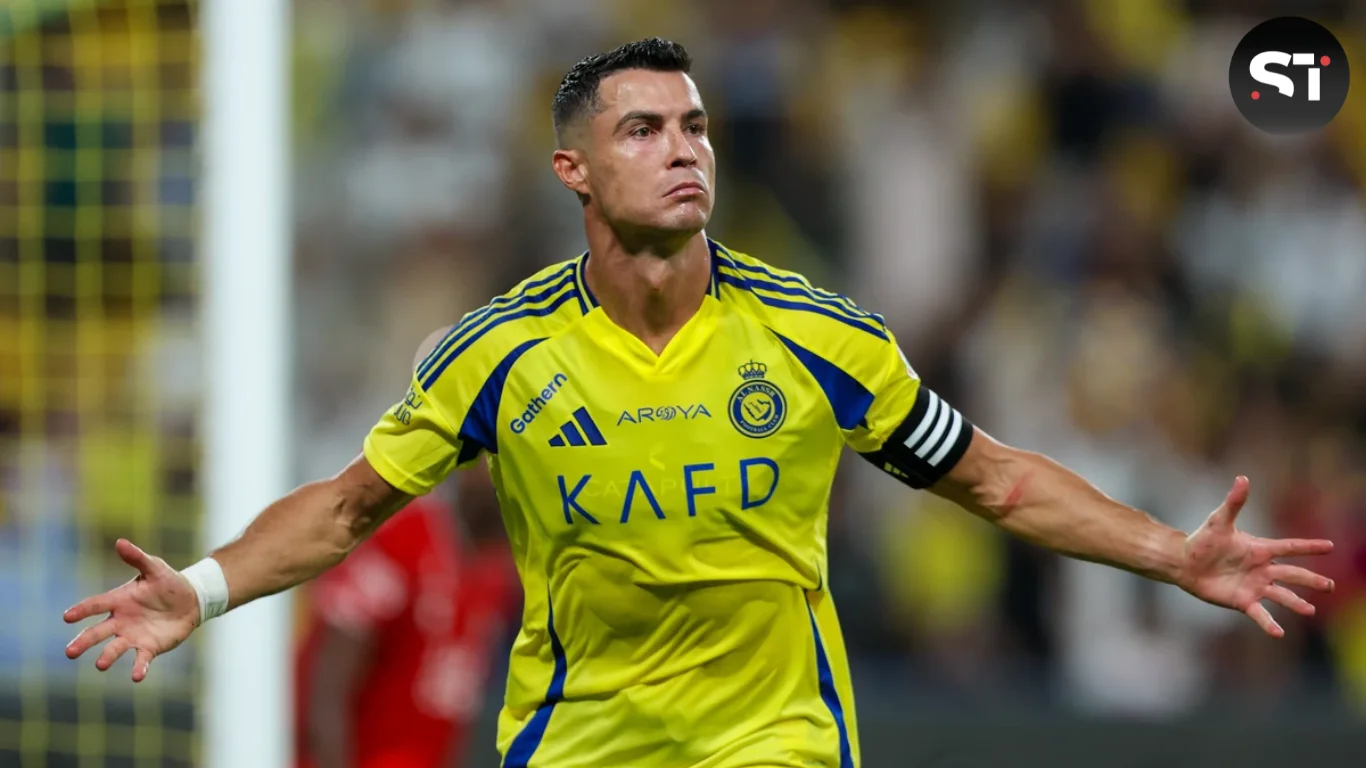Former Barcelona goalkeeper Claudio Bravo has stirred controversy with recent comments comparing his experiences at the Catalan club and Manchester City. In a televised interview in his native Chile, Bravo described Barcelona as a “global giant“ that paradoxically “operates like a small club“ behind the scenes.
Bravo, who played for Barcelona from 2014 to 2016 before moving to Manchester City, highlighted stark differences in resources and staffing between the two European football powerhouses. The Chilean keeper painted a picture of Barcelona as a club with limited internal resources despite its worldwide fame and success.
“At Barcelona, you always see the same faces,“ Bravo remarked. “There’s very few people: players, staff, three or four security guards, the cook, and not much else.“ This observation suggests a lean operational structure at the Catalan club, contrasting sharply with its global stature.
In comparison, Bravo’s description of Manchester City’s setup was glowing. He characterized the English club as “massive” internally, praising its “unlimited resources“ and impressive staffing across all departments. “They have people in the pool, in the locker room, in the medical area… there’s more than enough staff!“ Bravo enthused, adding that City “spares no expense” in player development.
The goalkeeper’s comments shed light on the differing philosophies of two of Europe’s top clubs. While Barcelona appears to maintain a more traditional, perhaps family-like atmosphere, Manchester City has embraced a model of comprehensive support for its players. Bravo highlighted City’s investment in multiple specialists for each area of player care and performance.
“You have the best physio, the best fitness coach, and not just one, but two or three,“ Bravo explained. He also noted the extensive medical facilities at City, including “twenty treatment tables, not five, and several doctors always on hand.“
These revelations come at a time when Bravo is currently without a club, having recently left Real Betis. His experiences at Manchester City, despite a reduced playing role in later seasons, clearly left a lasting impression on his understanding of elite club operations.
Bravo’s comments may spark debate in the football world about the balance between tradition and modernization in club structures. As Barcelona continues to navigate financial challenges, questions may arise about whether its lean operational model is sustainable in the face of well-resourced competitors like Manchester City.
While Bravo’s statements might ruffle feathers at his former club, they offer a rare insider’s glimpse into the contrasting operational approaches of two of football’s giants. As the sport continues to evolve, the debate over optimal club structure and resource allocation is likely to intensify.







